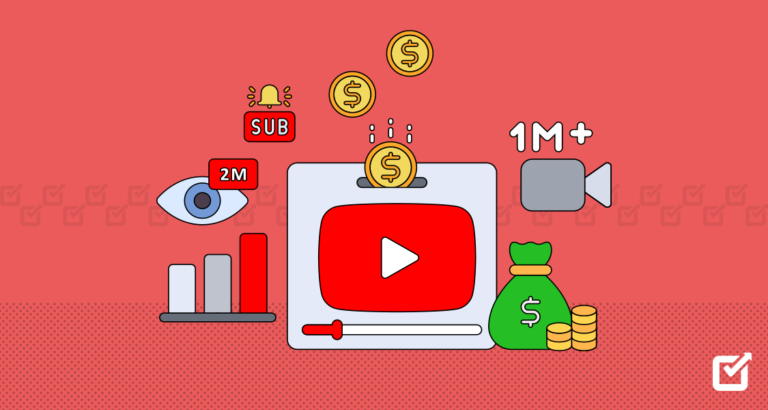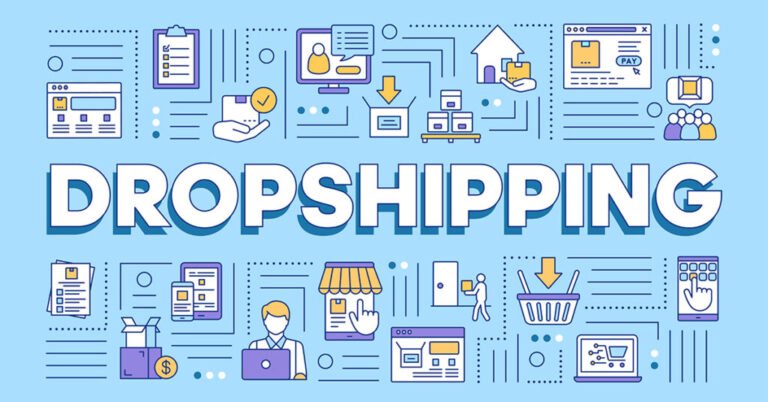How Blockchain is Transforming Industries
In recent years, blockchain technology has emerged as a groundbreaking force, poised to revolutionize various industries. Originally designed to underpin cryptocurrencies like Bitcoin, blockchain’s potential extends far beyond digital currencies. Its decentralized and immutable nature is creating new opportunities for transparency, efficiency, and security across a multitude of sectors. This blog explores how blockchain is transforming industries, delving into specific examples and applications.
What is Blockchain?
At its core, blockchain is a distributed ledger technology that ensures data integrity through decentralization. Unlike traditional databases managed by a central authority, blockchain operates on a network of computers (nodes), each holding a copy of the entire ledger. Transactions are recorded in blocks, and once validated, these blocks are linked in a chain. This makes tampering with the data virtually impossible, as altering any block would require changing all subsequent blocks across all nodes—a task that is computationally infeasible.
1. Financial Services
Cryptocurrencies and Beyond
Blockchain’s most famous application is in cryptocurrencies like Bitcoin and Ethereum. These digital currencies utilize blockchain to provide secure, decentralized transactions without the need for intermediaries such as banks. However, blockchain’s impact on the financial sector goes beyond digital currencies.
Smart Contracts
Smart contracts are self-executing contracts with the terms of the agreement directly written into code. They automatically execute and enforce agreements when predefined conditions are met, reducing the need for intermediaries and minimizing the risk of fraud. For example, in real estate, smart contracts can automate property transfers, making transactions faster and more transparent.
Cross-Border Payments
Blockchain can streamline cross-border payments by reducing fees and processing times. Traditional international transfers involve multiple intermediaries, each adding costs and delays. Blockchain-based solutions enable near-instantaneous transactions at lower costs by eliminating these intermediaries.
2. Supply Chain Management
Enhanced Transparency and Traceability
In supply chains, blockchain provides unparalleled visibility and traceability. By recording every transaction and movement of goods on a blockchain, all stakeholders—from manufacturers to consumers—can access a single source of truth.
Provenance Tracking
Blockchain helps track the origin of products, ensuring authenticity and ethical sourcing. For instance, in the food industry, blockchain can trace the journey of produce from farm to table, providing consumers with information about the quality and origin of their food.
Reduced Fraud
Counterfeit goods are a major issue in many industries. Blockchain can combat this by verifying the authenticity of products through each stage of the supply chain. For example, luxury brands use blockchain to ensure that their products are genuine and have not been tampered with.

3. Healthcare
Secure Patient Data Management
Blockchain technology can transform healthcare by improving the management and security of patient data. Medical records stored on a blockchain are encrypted and immutable, ensuring that sensitive information is protected from unauthorized access and tampering.
Interoperability
Blockchain facilitates interoperability between different healthcare systems, allowing for seamless data sharing among various providers. This can lead to better-coordinated care, reduce duplication of tests, and improve patient outcomes.
Drug Traceability
In the pharmaceutical industry, blockchain helps track and verify the production and distribution of drugs. This can combat counterfeit medications and ensure that drugs meet regulatory standards.
4. Real Estate
Simplified Transactions
Blockchain can streamline real estate transactions by automating processes and reducing paperwork. Property transfers can be executed via smart contracts, which verify ownership and execute transactions without the need for intermediaries like escrow agents.
Transparent Ownership Records
Maintaining accurate property records is crucial for preventing disputes and fraud. Blockchain provides a transparent and immutable record of property ownership, making it easier to verify ownership history and resolve disputes.

5. Voting Systems
Secure and Transparent Elections
Blockchain technology can enhance the integrity of voting systems by providing a secure and transparent platform for casting and counting votes. Each vote can be recorded as a transaction on the blockchain, making it tamper-proof and easily verifiable.
Reduced Fraud
By decentralizing the voting process and ensuring that each vote is recorded immutably, blockchain can reduce the risk of election fraud and manipulation. This can lead to greater trust in electoral processes and outcomes.
6. Energy Sector
Decentralized Energy Trading
Blockchain enables decentralized energy trading, allowing consumers to buy and sell energy directly from one another without relying on traditional utility companies. This can lead to more efficient energy distribution and potentially lower costs.
Enhanced Grid Management
Blockchain can improve grid management by providing real-time data on energy consumption and production. This can help balance supply and demand, reduce energy waste, and optimize the overall efficiency of the energy grid.
7. Intellectual Property and Copyright
Digital Rights Management
Blockchain can transform the management of intellectual property by providing a transparent and immutable record of ownership and rights. Creators can register their works on a blockchain, ensuring that their intellectual property is protected and that they receive fair compensation for its use.
Royalty Tracking
Blockchain can automate royalty payments through smart contracts, ensuring that creators receive accurate and timely payments for their work. This can reduce administrative costs and disputes related to royalty distribution.
Conclusion
Blockchain technology is poised to revolutionize various industries by enhancing transparency, security, and efficiency. From financial services and supply chain management to healthcare and real estate, the potential applications of blockchain are vast and varied. As the technology continues to evolve, its transformative impact is likely to expand, offering innovative solutions to longstanding challenges and unlocking new opportunities for businesses and consumers alike.
As industries adopt blockchain and integrate it into their operations, we can expect to see a more transparent, efficient, and secure future. The key to harnessing blockchain’s full potential lies in continued innovation, collaboration, and the development of scalable solutions that address the unique needs of each sector.








